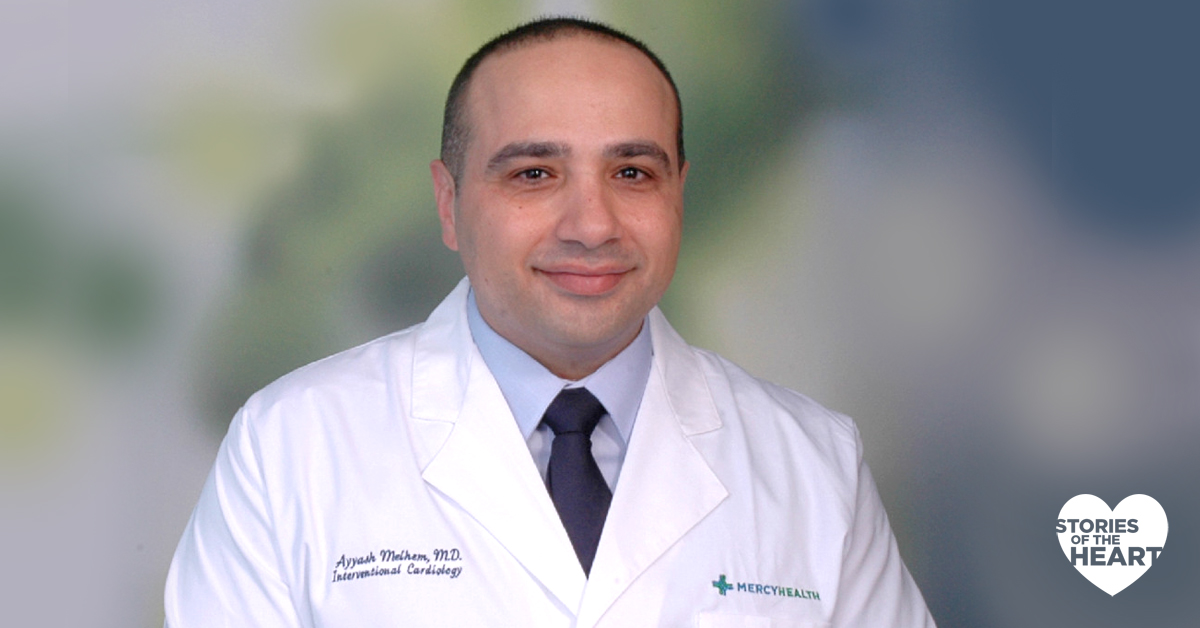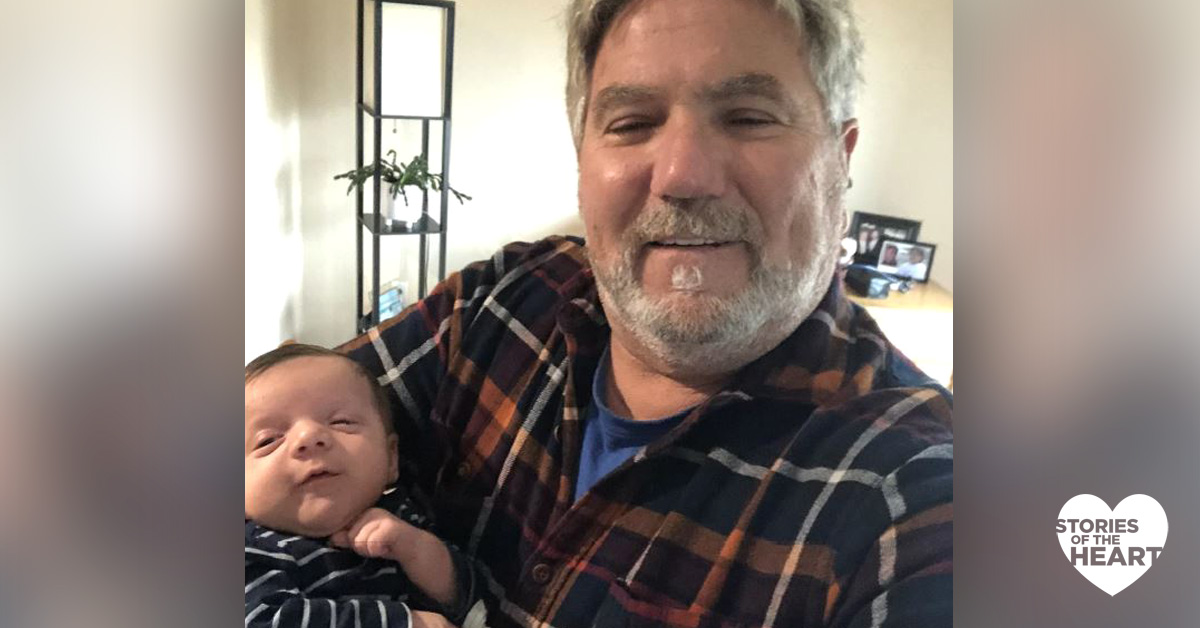Up to 25 percent of heart surgery patients encounter mental health challenges, according to the American Heart Association.
It isn’t unusual to have feelings of anxiety, fear or depression after cardiac surgery. In fact, we prepare all of our heart surgery patients with this information from the get-go.
It’s common for negative feelings to show up unexpectedly. However, talk to your primary care doctor if any of the below feelings don’t lessen over time:
- Anger that others must take on some of your roles
- Jealousy of those who seem healthier
- Sensitivity to aches and pains
- More or less time sleeping than usual
- Frequent sadness or tearfulness
- Reduced energy, even after healing
- Forgetfulness or trouble concentrating
- Less interest in activities you used to enjoy
Gaining a sense of control can help improve your mental state. To regain a sense of control, we suggest that patients learn as much as they can about their current condition and take steps to improve it. They should strive to maintain caring relationships, pay attention to their feelings, and make the most of each day.
“After learning that you have heart disease, expect a range of feelings,” information given to Mercy Health’s cardiac patients says. “Some will come and go. Others will linger. Try not to fight the feelings. Do your best not to lose sleep or become angry with a loved one. Instead, deal with each feeling as it comes. This will help you work toward acceptance.”
Mental health experts say cardiac patients commonly react with an initial response of disbelief and denial of the heart problem. Then, many feel anger and guilt, followed by sadness or helplessness.
Thankfully, most patients adjust to the changes with time.
Many find that sharing learnings about their heart problem with family and closer friends helps them feel less alone. Some invite family members to doctor visits and support groups. This helps ease their concerns, too.
Here are some actions patients can take to feel better:
- Join a support group of people with their condition, so they can talk to people who know firsthand what they’re going through
- Try not to withdraw from family members, even if the patient is finding it hard to talk. Family can still offer needed support.
- Keep in touch with friends, and take part in social events.
- Focus on the positive. Illness can bring unexpected rewards, such as renewed closeness to loved ones or increased awareness of what matters most.
- Think about what they enjoy doing (going to a movie or ballgame with friends, etc.) – and doing it!
One of the most important things heart surgery patients can do is to not think of themselves as limited. As you begin to see what you can do, you’ll realize just how much you have to offer. At times, you may want to be alone with your thoughts and feelings.
Change is hard for most people. And right now you may be facing many changes. What you eat or the way you work may change. You may be concerned about how your illness will affect your family. Such changes can trigger a host of feelings that may be hard to understand. Remember that each feeling is a normal part of coping with change. Allow yourself time to adjust. Ask for help if you need it. And if you do, we’re here for you. Visit mercy.com to learn more today.






